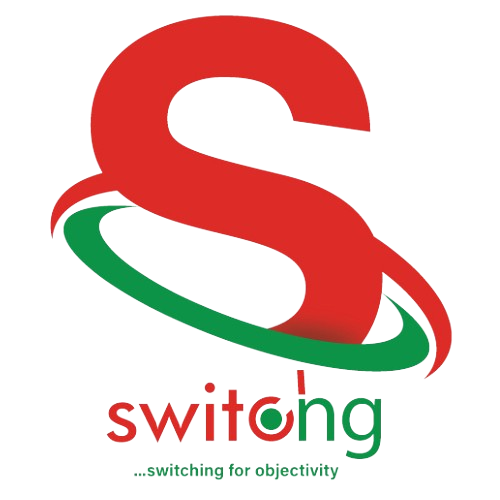The Civil Society Legislative Action, CISLAC, has issued a cautionary statement to President Bola Tinubu regarding the handling of fuel subsidy removal funds and the distribution of relief measures.

Since May 29, Nigerians have been left feeling powerless following the removal of fuel subsidies.
CISLAC emphasizes the importance of transparency and accountability in the utilization of subsidy removal proceeds and the disbursement of palliatives, urging that these processes be made accessible to the Nigerian public.
Furthermore, CISLAC highlights that the introduction of subsidies in Nigeria has failed to effectively address the problems that led to their implementation.
The statement reads in part, “It is expected that the fiscal space created by the subsidy withdrawal must be provided for wider public goods and the resources saved could be reallocated to those groups most affected by the reform by adopting complementary measures.
“However, a real challenge the present government faces is winning the trust of the people who want to know that the government has a credible and sustainable plan.
“With 27 per cent of the country’s average household budgets dedicated to fuel-related expenses (petrol-powered generators and vehicles and heavy reliance on the poor public transport system), reallocation of subsidy savings should be directed to fixing the energy and transport sectors as opposed to another round of jamboree in the name of succour.
“Loans are being desperately sought to fix and build roads and rail lines, so there are concerns that the new government is mis-prioritizing the utilization of sparse funds that may only end up lining few pockets.
“The concerns about the transparency of palliative disbursement processes are cogent as Nigerians have a fresh memory of palliative administrations during the COVID-19 pandemic.
“In more recent times, we have witnessed the inefficiency and lack of transparency that trailed interventions like the Nigeria Incentive-based Risk Sharing System for Agricultural Lending (NIRSAL) Microfinance Bank SME/Household loan and Anchor Borrower’s Programme, just to mention a few.
“More worrisomely, a breakdown of the amended N819.5 billion supplementary budget shows that N500 billion is set aside for palliatives to cushion the effect of recent fuel subsidy removal, N185 billion for the Ministry of Works and Housing to alleviate the impact of the flooding disaster suffered in the country in 2022 on road infrastructure across the six geopolitical zones, N19.2 billion for the Ministry of Agriculture to ameliorate the massive destruction to farmlands across the country during the flooding experienced last year; N35 billion to the National Judicial Council; N10 billion to the Federal Capital Territory Administration for critical projects; and N70 billion for the National Assembly to support the working conditions of new members.
“There is a seeming lack of clarity and sincerity of purpose behind this sharing formula and its illogical rationale as a further breakdown suggests that each of the 469 legislators gets about N24 million each, while the more vulnerable public beneficiaries get N8000 each monthly.
“The insensitivity behind this is alarming, particularly in light of the country’s growing and unsustainable debt profile. At this crucial time of post-covid recovery when the increasing cost of governance underpinned by high personnel and overhead costs are weighing down on the federation purse; steps should be taken towards restructuring and rationalizing government parastatals, agencies and commissions to address these costs; 30 per cent of the annual budgets barely goes into capital projects; the government has never achieved more than 40 per cent budget performance; and domestic and local debts are piling.
“Given our current fiscal situation, there must be stringent measures to address these depletions and deficits. Nigeria’s external debt is about 40% of its projected N77 trillion debt stock, most of which is to multilateral creditors like the World Bank at 47 per cent and more worrisomely to Commercial lenders (private creditors) at 39 per cent, with debt service to revenue ratio projected by the World Bank to increase from 100.2 per cent in 2022 to 123.4 per cent of federal revenue in 2023 and possibly hit 160 per cent in five years except broad-based reforms are implemented to “unfreeze” the financial landscape.”


